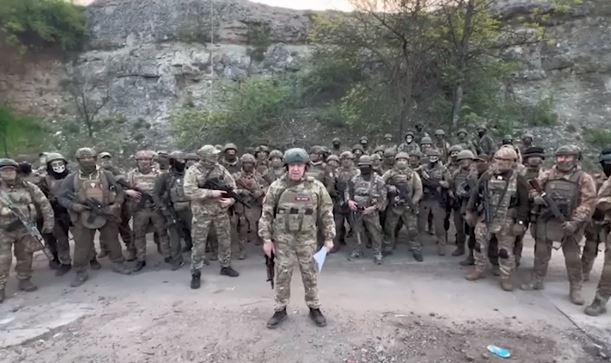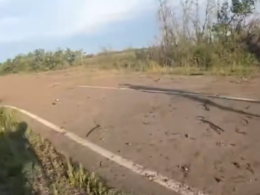On 24 March, there is a lot of big news. After conducting the initial incredibly successful massive drone strike on the Russian oil refineries one week ago, Ukrainians discovered that the Russian air defense performed quite poorly and continued exploiting the holes in the sky by hitting even more refineries.

The success of the strikes was noted even by the Russian media, which started estimating the drop in production level to be double digits.
Some Western media sources even claimed that the US asked Ukraine not to proceed with the strikes for fear of the surge in global oil prices.
These strikes, in combination with persisting incursions into the Kursk and Belgorod regions, especially during the elections, prompted a corresponding reaction from the Russian forces.
That is why Russian forces launched the largest series of combined drone and missile strikes targeting Ukrainian energy infrastructure since the start of the full-scale invasion.
However, it is important to note that the actual goal of this strike is the opposite of what it seems and threatens to collapse the whole eastern front line.
At first glance, it seems like Russians are trying to achieve the political goal of showing the Russian public the power with which Russian forces retaliated to the so-called Ukrainian audacity.
A superficial analysis may indicate that another, more important goal of the Russian forces is to collapse the Ukrainian power grid and create significant logistical problems and societal discontent.
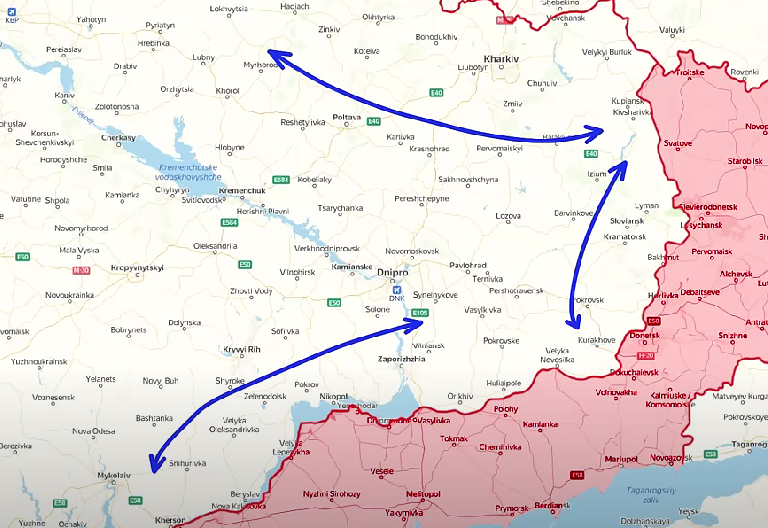
However, first of all, Ukrainian forces have adapted to constant shutdowns by engaging diesel locomotives and shifting their reliance to generators and Starlink during the previous Russian anti-energy infrastructure campaign.
Secondly, it turned out that Ukrainian people are prone to blame Russians for the shutdowns instead of the Ukrainian military or government for their inability to provide full protection, as everyone is aware of air defense shortages.
The real goal of Russian forces is to force Ukrainians to relocate their air defense away from the contact line.
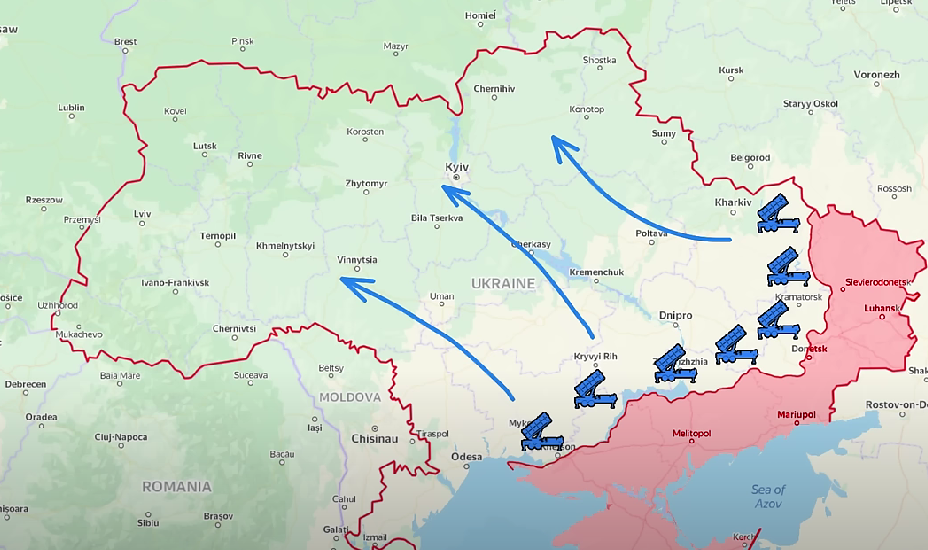
As you know, one of the most decisive factors in the Battle for Avdiivka was the extensive use of air-dropped bombs. At times, Russians were dropping up to one hundred bombs per day, completely wiping out whole districts of Avdiivka.
Ukrainians simply did not have enough air defense systems to protect all areas of the front line and the deep rear simultaneously, which is why Ukrainians created mobile air defense units that could suddenly appear in any region and intercept three to five aircraft at once.
The approach worked well, and Russians started suffering tremendous losses in aviation – more than a dozen in ten days. This was arranged too late to be able to save Avdiivka, and the Ukrainians had to withdraw. On the other hand, it was timely enough to prevent the collapse of the front line.

Even though Russian forces continue dropping FAB-five-hundred air-dropped bombs every day, the rate at which they are bombing the region is not enough to undermine the Ukrainian defense and overwhelm Ukrainians in a particular sector.
Russian commanders understand that without establishing air superiority, Russian forces will spend months on small incremental tactical gains.
Since Ukrainians finally launched a large-scale initiative to build thousands of kilometers of new defense lines along the entire border and front line, Ukrainians seem to be building defenses faster than Russians are breaching them.
The Russian commanders fear that such a setting will lead to decades-long war, ensuring the exhaustion even of the Russian manpower and equipment pool.
That is why Russian commanders are trying to implement the Soviet Deep Battle theory.
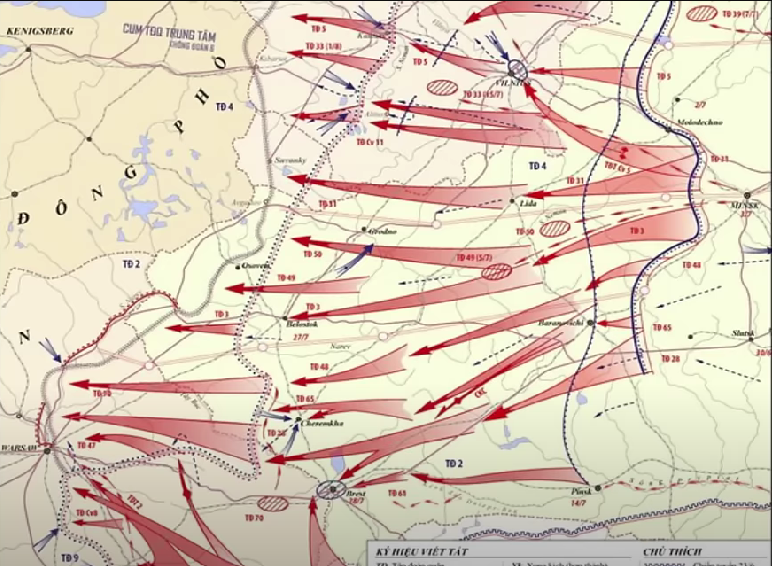
In short, Russians are trying to breach defenses faster than Ukrainians are building them, and in current realities, it is impossible without establishing at least localized air superiority.
To achieve air superiority, at least near the contact line, Russians need to force Ukrainians to relocate their air defense away from the front line.
One of the ways to achieve that is to launch constant missile and drone strikes on the Ukrainian critical energy infrastructure.
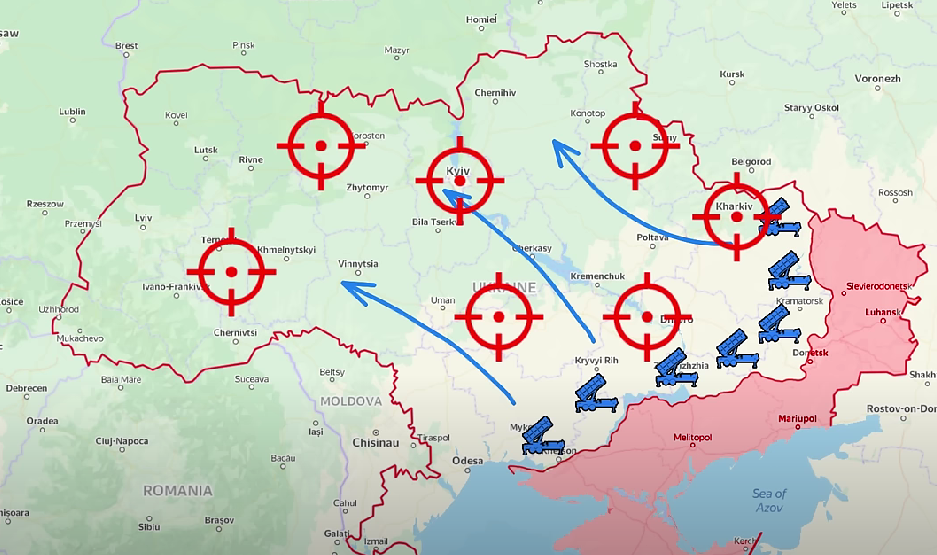
Even though, as mentioned previously, Ukrainian forces and people can survive the shutdowns in the short- to medium-term, allowing Russians to wipe out all Ukrainian critical infrastructure will degrade Ukrainian defense industrial capacity in the long run. Given the ever-decreasing Western support, Ukrainians will not be able to continue to fight without developing their military-industrial complex. So, protecting critical infrastructure is extremely important for achieving long-term objectives.
The first target of the Russian strike became Kharkiv. Russia hit three three-hundred-thirty kilovolt substations and three thermal power plants here. This resulted in over eight hours of power outage in the whole region.
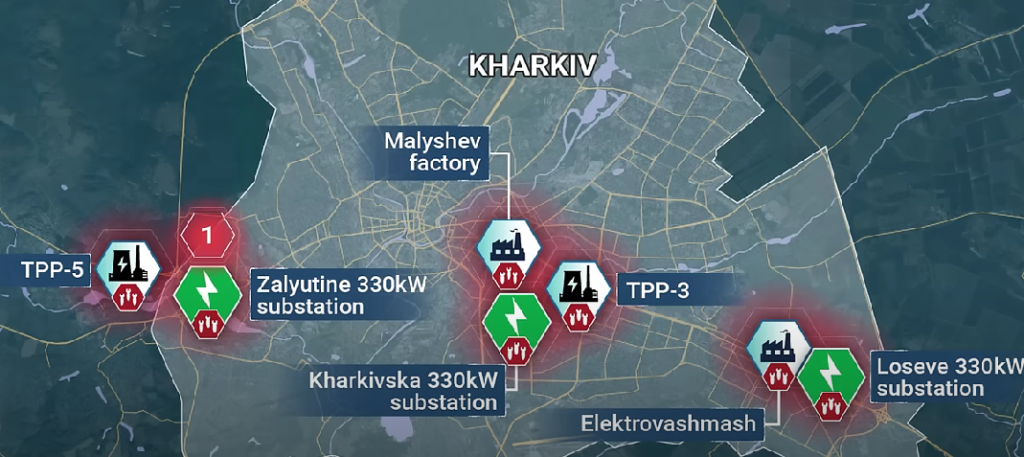
The second target became the Dnipro Hydroelectric Power Plant, which suffered hits to the central and western parts of the machine hall, causing fires and damaging more than two hydro units, technological pipelines, auxiliary equipment, and one generator transformer.
The list of targets is long, as the Ukrainian officials stated that Russian forces targeted 136 energy facilities in 10 Ukrainian provinces. Notably, Russians tried to hit all Thermal Power Plants. Russian military analysts are pointing out that open distribution facilities at Nuclear Power Plants were not hit and that without cutting off power from them, it is impossible to collapse the Ukrainian grid.
Overall, Russian forces are exploiting the shortages of air defense systems and rockets by trying to create a dilemma for Ukrainian forces: if Ukrainians secure the air around the critical infrastructure, Russians will intensify bombardments along the contact line and start penetrating Ukrainian defense lines, and if Ukrainians secure the air along the contact line, Russians will target the critical energy infrastructure, which will undermine Ukrainian defense industrial base, especially the production of much-needed drones and shells.
However, Ukrainians will likely adapt again by improving the management of their air defense resources, especially the newly created mobile units. Russians have been accumulating stockpiles of missiles for almost a year, so if they exhaust their stockpiles without collapsing, the Ukrainian power grid and mobile air defense units can provide sufficient protection of the contact line. Then Russian forces will fail to implement the Soviet Deep Battle theory.
Hopefully, Ukrainians can also count on Western support and boost their air defense capabilities even more.
In our daily frontline report, we pair up with the military blogger Reporting from Ukraine to keep you informed about what is happening on the battlefield in the Russo-Ukrainian war.
Read also:





